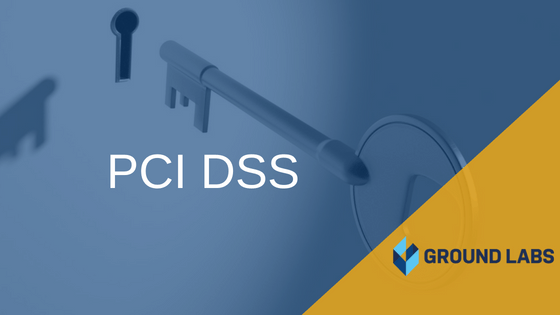
GDPR
What is PCI Compliance?
Credit cards are one of the most common ways of managing and spending money in today’s complex financial world. Few people are willing to carry large amounts of cash around with them with the likelihood of the money being stolen. If our credit cards are stolen, all we have lost is a little piece of plastic with our name on it, right?
Not at all! Credit card information can prove to be far more valuable than a large wad of cash in our pockets. The payment card industry realized this fact and in 2004, a panel of representatives from every credit card company came together to create the Payment Card Industry Data Security Standards (PCI DSS). These are a set of compliance standards to ensure that credit card data is kept as securely as possible and used in a responsible manner.
PCI Compliance is achieved when organizations that manage, process and store cardholder data take the appropriate measures to secure and protect this sensitive information. Unfortunately, many organizations fail to meet PCI DSS standards each year. When the customer comes to realize that the organization they trusted with their credit card information is not taking the necessary steps to keep it secure, they may not remain a customer for much longer.
The issue with many companies that do not achieve PCI DSS compliance is that they do not realize the gravitas of the standard. PCI DSS compliance varies according to a number of factors, namely the size of the organization, the number of credit card transactions they process each year, and having an appropriate firewall setup. These factors are all taken into account when PCI compliance is assessed.
One common mistake organizations make when striving for PCI compliance is an over-reliance on their IT department to manage the process. Many aspects of achieving compliance require an IT expert’s assistance, such as setting up a firewall and encrypting data in motion. Reliance on the IT department is not enough. The onus of maintaining compliance falls upon every individual in an organization. Credit card information can pass through the business in many ways and this data cannot always be managed by the IT department. Therefore, employees must understand the importance of securely storing and safely processing cardholder data.
PCI compliance can, for many organizations, seem like a daunting task. But, managing a breach of sensitive card data due to a lack of PCI standards being achieved, could potentially prove far more costly and time-consuming than achieving compliance in the first place.
PCI DSS serves as an effective preventative measure for having the right systems in place to safely manage cardholder data. It can be viewed as a rulebook for sensitive data security.
The main issue that companies face is finding and securing the cardholder data that they have stored and processed. The data could rest anywhere in the organization. The prospect of searching for this data manually is not viable for many organizations and depending on their size or complexity, could prove extremely difficult to do so.
Many companies have adopted PCI compliance into their operational standards. Data breaches, especially those in which cardholder data is lost, can have seriously detrimental consequences to a company, so continued vigilance and corrective action are key.
The Enterprise Recon solution is a tool with its roots in PCI compliance. It allows organizations to discover and remediate sensitive cardholder information and additionally, over 200 types of sensitive personal information across an organization’s entire network. The remediation functions are available to mask, encrypt or delete sensitive data subject to the needs of the business and serves as an effective tool to help organizations achieve and maintain PCI DSS compliance.
If you’d like more information on how Enterprise Recon can help towards achieving PCI DSS compliance within your organization, please click this link for more information and to book a full product demonstration.
